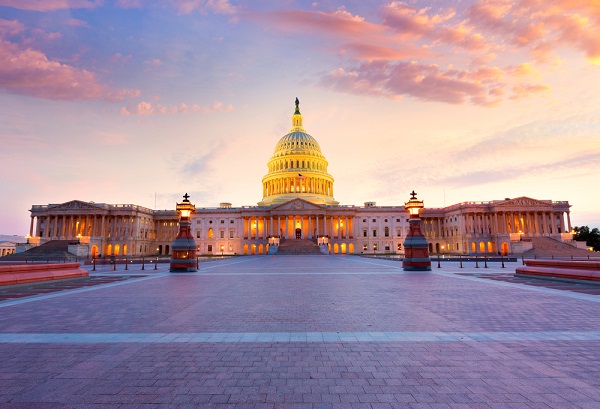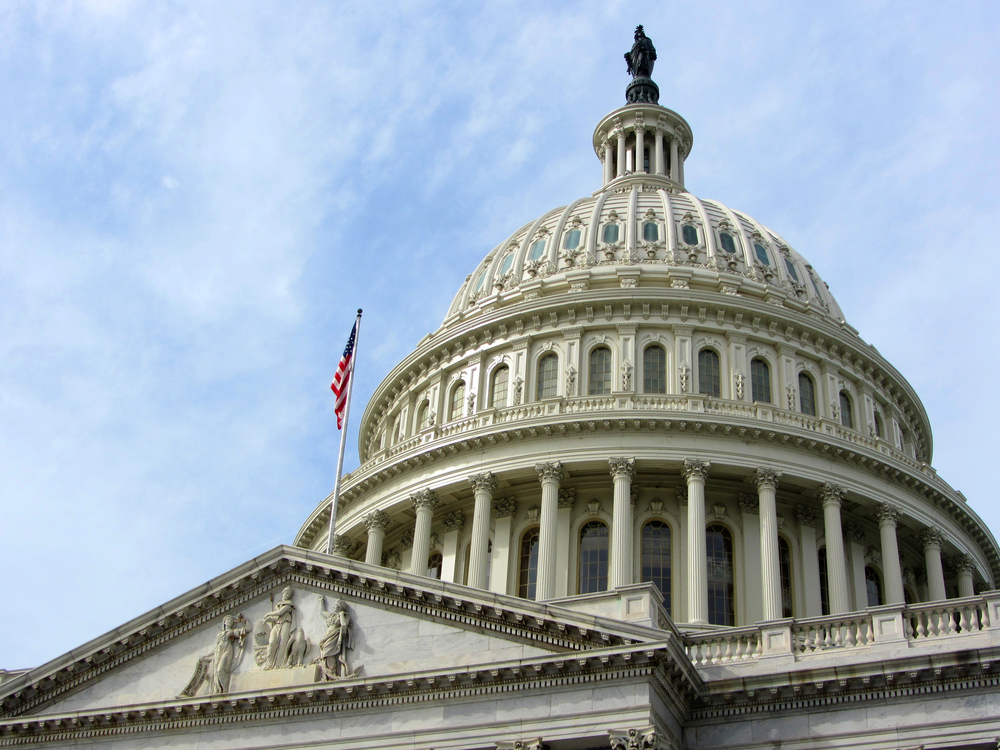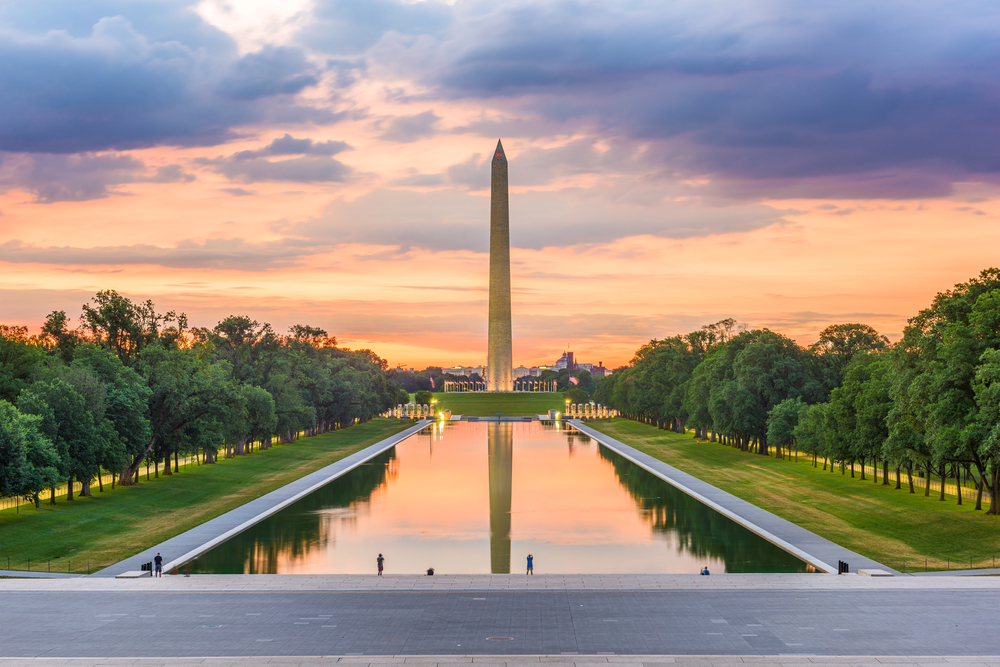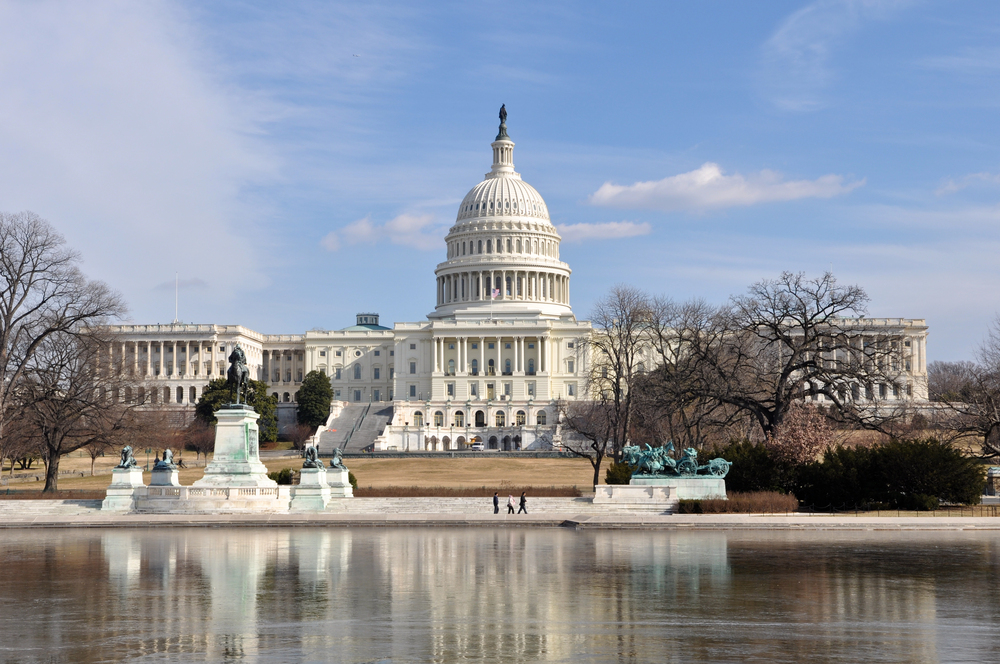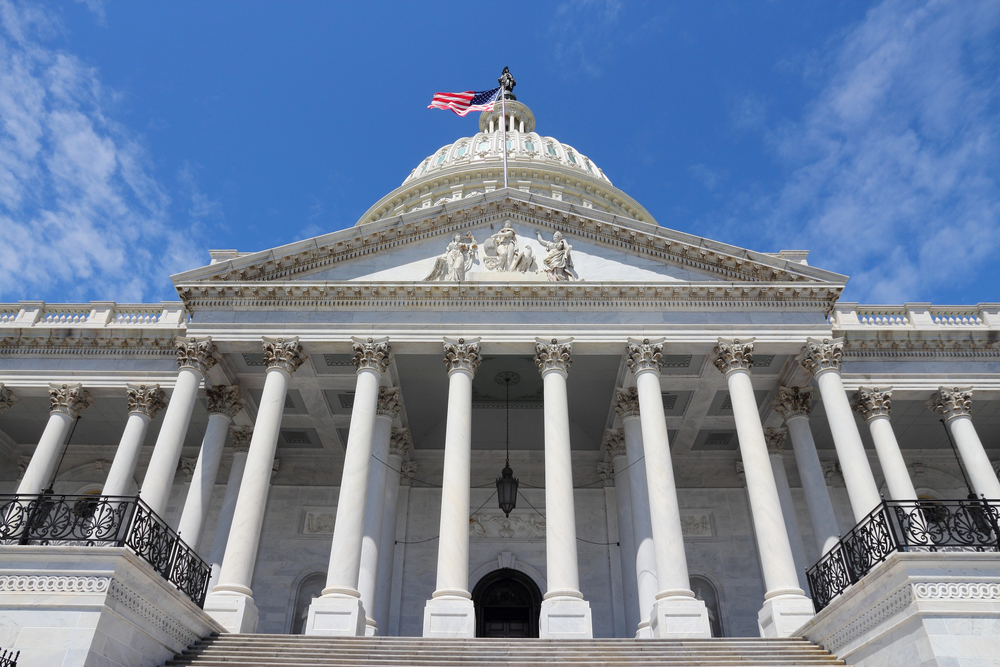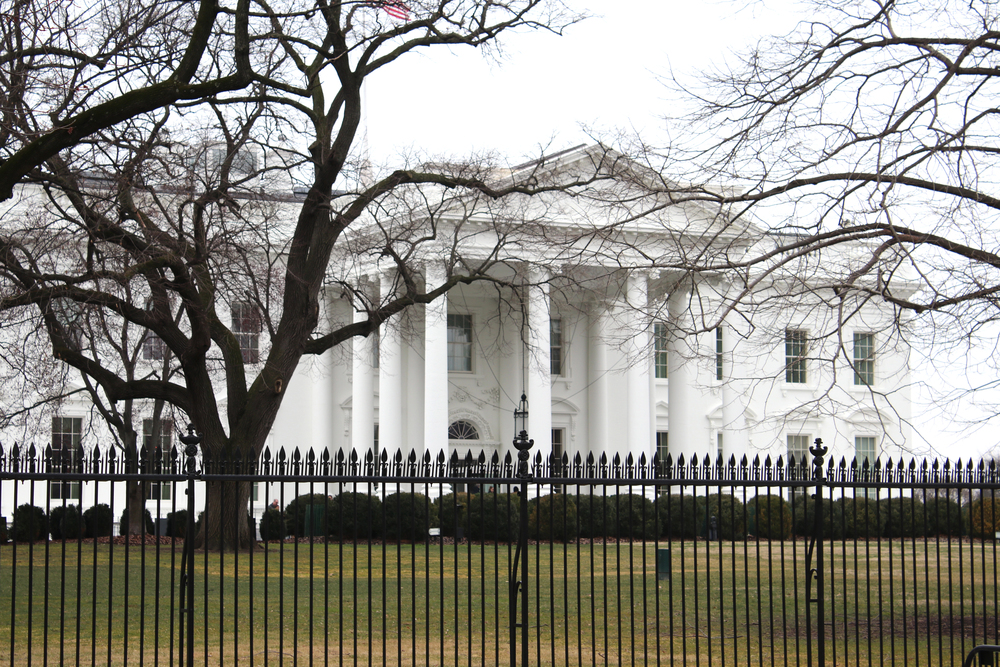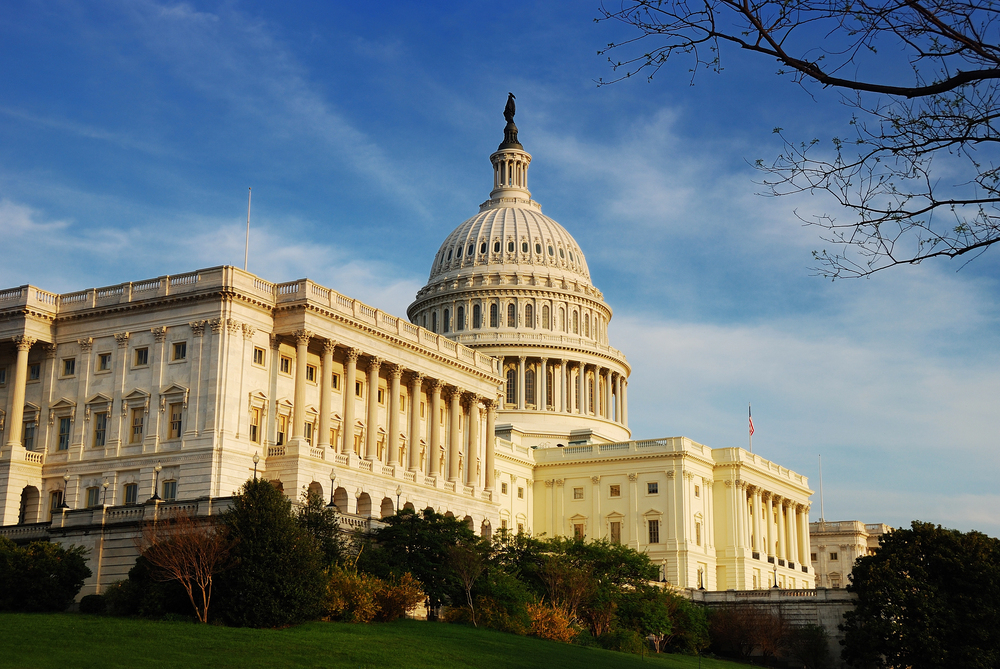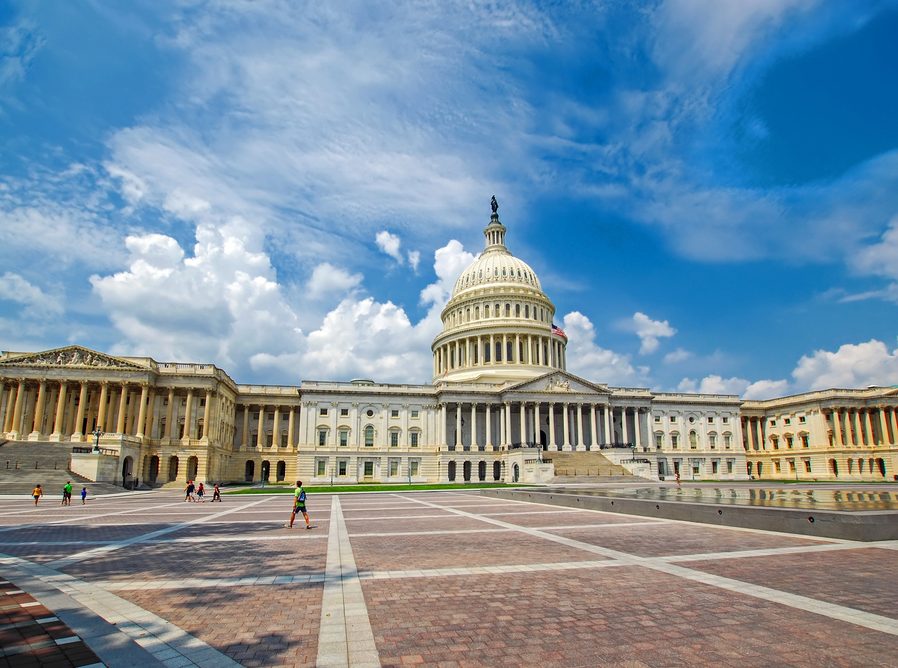Treasury Releases Additional Funding to States for Small Businesses
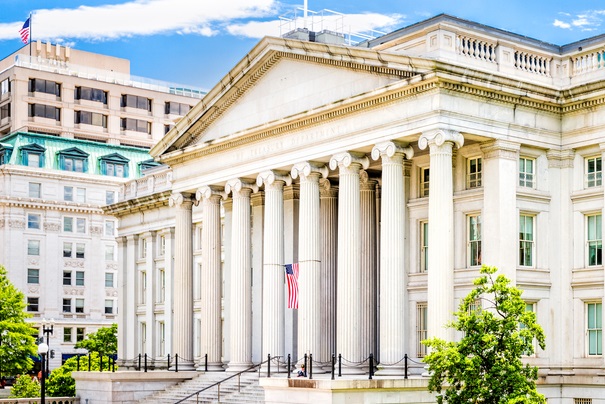
By: Wyatt Stewart
This month, the U.S. Department of Treasury announced that it is releasing additional funding for the State Small Business Credit Initiative (SSBCI) program. The program, which was originally established in 2010, was reauthorized and expanded in the American Rescue Plan Act, which was signed into law in March 2021.
The SSBCI was reauthorized to provide a combined $10 billion to states, Washington, D.C., territories, and tribal governments with the intention of expanding access to capital for small businesses emerging from the pandemic and creating high-quality jobs. The first five states to receive funding are Hawaii, Kansas, Maryland, Michigan and West Virginia.
SSBCI provides recipient jurisdictions funding for: (1) credit and investment programs for existing small businesses and start-ups, and (2) technical assistance to small businesses applying for SSBCI funding and other government programs for small businesses.
Additionally, the program has allocated $1.5 billion for business enterprises owned and controlled by socially and economically disadvantaged individuals (SEDI-owned businesses), along with $1 billion of incentive funds for jurisdictions that demonstrate robust support for SEDI-owned businesses.
The programs available under SSBCI to promote capital access to all recipient jurisdictions, including in underserved areas, include:
- Venture capital programs. Jurisdictions may set up public-private partnerships for equity investing or invest in venture capital funds. These investments are focused on providing capital to underserved startups and democratizing venture capital across geography and to diverse founders.
- Loan participation programs. In these programs, states, Washington, D.C., territories and tribal governments buy an interest in the loans made by lenders or lend directly alongside private lenders, providing direct lending to finance small businesses.
- Loan guarantee programs. States, Washington, D.C., territories and tribal governments use SSBCI funds to provide an assurance to lenders that they will be partially repaid in the event of default, after the lender makes every reasonable effort to collect—helping small businesses secure loans that may have otherwise been inaccessible or prohibitively expensive.
- Collateral support programs. The programs in this model set aside funds as collateral for new loans, enabling start-ups to borrow funds to help their businesses grow with the assistance of SSBCI capital.
- Capital access programs (CAPs). These programs provide portfolio insurance in the form of a loan loss reserve fund into which the lender and borrower contribute, supplemented with SSBCI funds.

